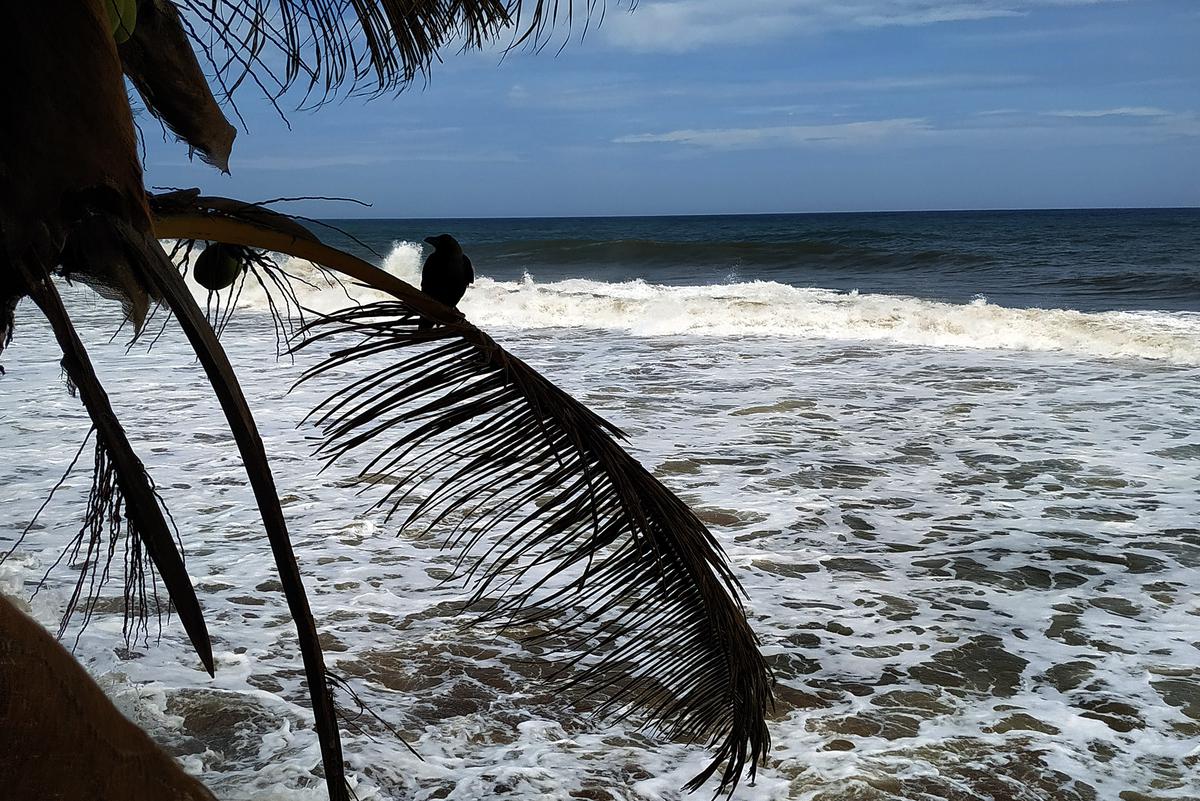-
-
Notificationview all
-

Jun 30
Railway RRB Technician Recruitment 2025 l Online Application
-

Jun 30
Aadhaar Supervisor / Operator Recruitments 2025 l Apply Last Date
-

Jun 27
Rajasthan High Court Class IV Peon Recruitment 2025 l Online Application
-

Jun 27
SSC MTS and Havaldar 2025 l Online Application
-

Jun 26
SSC GD Constable 2024 l Final Answer Key
-
- Login / Register

